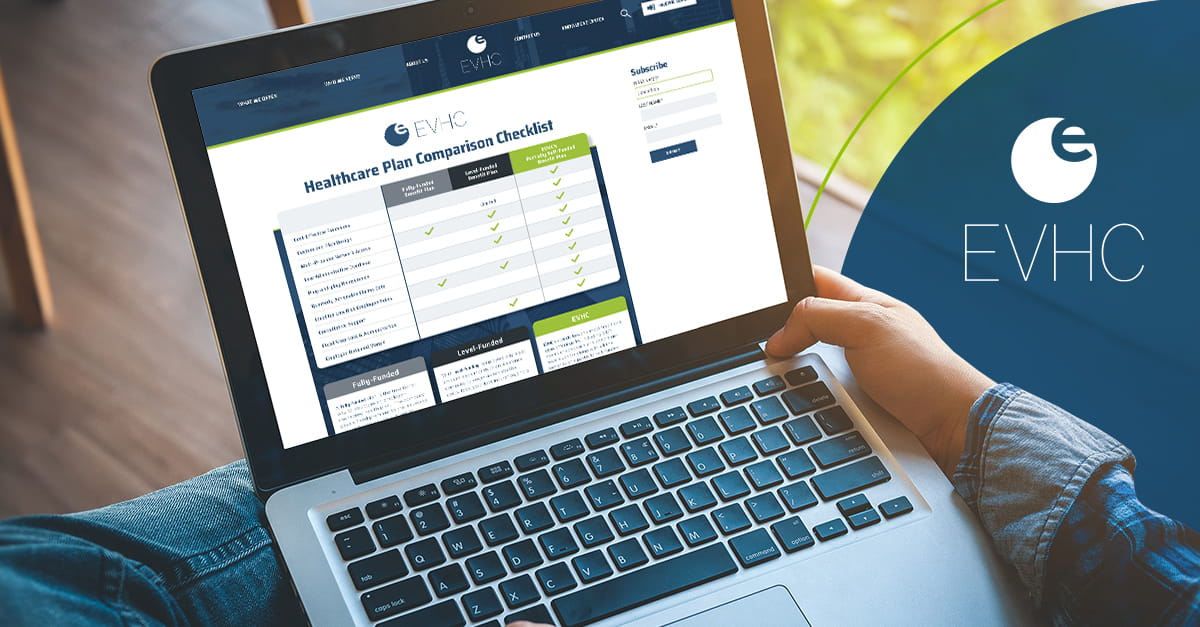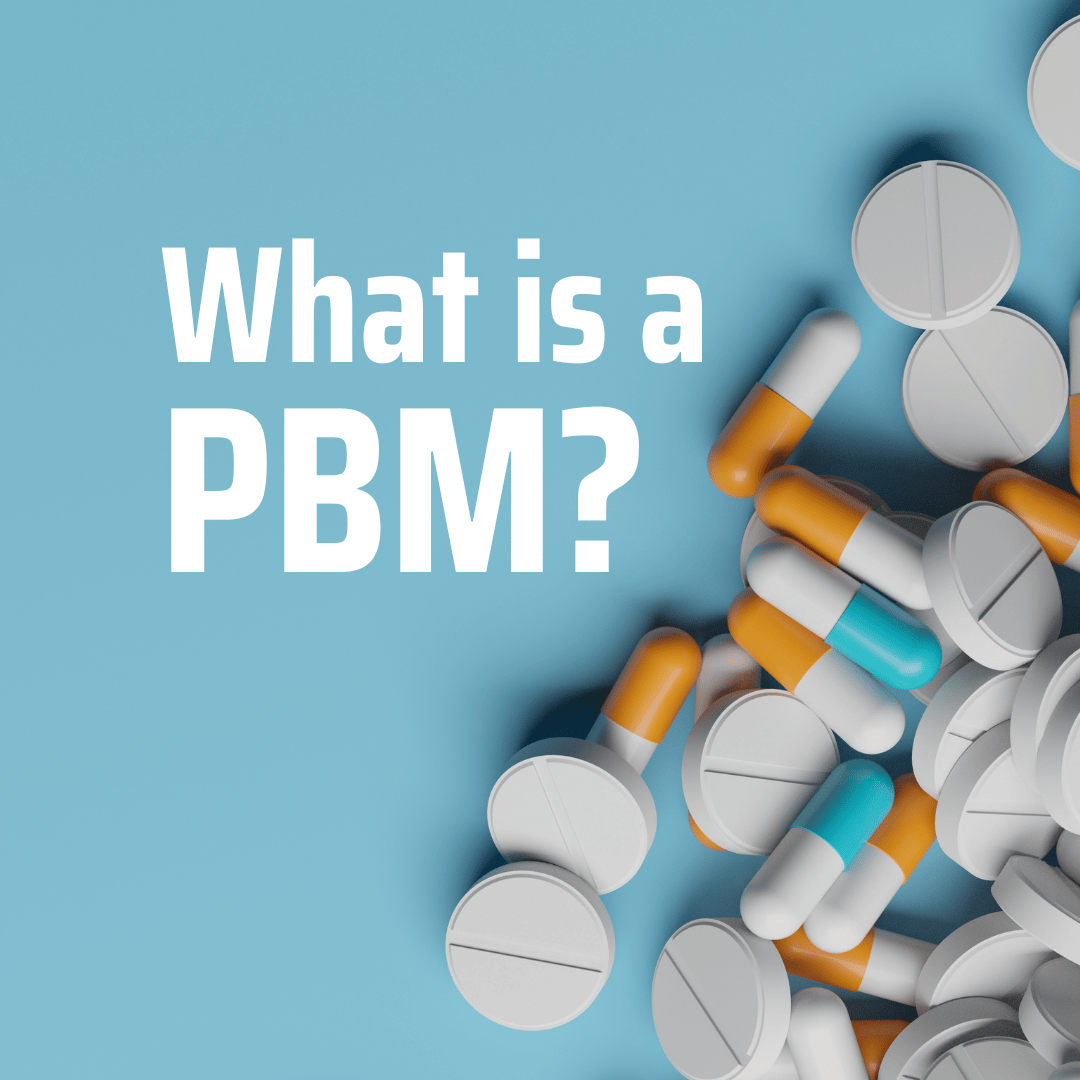
There’s been a lot of news lately about how the price of insulin has fallen an average of 70% recently, down to as low as a $25 co-pay for many popular medications. That’s a big deal–but what does it mean to you and your business?
We’ve put together this FAQ to help you understand why the price cuts are happening and how they’ll affect you and your clients. With this information in hand, you’ll be able to advise your clients on the best course of action and put to rest any concerns you may have about price reductions.
Why are these price reductions happening now?
The price cuts are the result of the Inflation Reduction Act of 2022, which requires out-of-pocket insulin costs to be capped at $35 per month for Medicare Part D beneficiaries.
Is it true that insulin rebates are going away?
It’s true that manufacturers will be drastically reducing insulin rebates, but that doesn’t mean they’re going away entirely for your clients. Some pharmacy benefit managers will continue to offer clients a choice between the higher rebate on higher-cost insulin or the reduced-price insulin with the lower rebate, while others will simply offer the reduced price and lower rebate.
What’s EVHC’s position and approach to the price reductions?
We have made the decision to remain on our existing formulary and absorb the reduction in rebate dollars on behalf of our clients. We will also not charge additional fees, so your clients will continue to pay the same as they always have – no surprises.
Why should a fully funded client consider switching to self-funded if they’re going to get the cost savings through their current health plan anyway?
Because they may not actually see any cost savings. Most fully funded carriers have traditionally kept the insulin rebates offered by the drug manufacturers yet continued to raise premiums every year. As fully funded carriers generally keep the rebates, they may decide to use the high-cost insulin to retain the higher rebate.
That’s in their best interest, not the best interest of their clients or members. As such, there’s every reason to believe fully funded carriers will keep premiums high, even as the cost of prescriptions decreases. Worse, when your clients’ premiums increase next year, they won’t know why, because their fully funded carriers won’t tell them.
Conversely, self-funded insurance is completely transparent and in line with actual costs incurred. Your clients will only pay what the drug manufacturers charge and will always know what they’re paying for. And you’ll have all the information you need to help them make the best decisions for their organizations and members.
Is insulin the only drug being affected?
As of now, insulin is the only drug with price reductions, but there will likely be more. We anticipate that asthma medications will be the next drug class that will have a significant decrease in cost and rebates.
Also, the Biden administration and the Centers for Medicare & Medicaid Services are targeting 10 medications for possible price reductions and plan to negotiate the reductions with pharmaceutical manufacturers. The list includes blood thinners, heart medications, and medications to treat autoimmune diseases, cancer, and more.
Who do I contact if I have any other questions?
Reach out to your EVHC sales rep or contact us. We are here to help.

